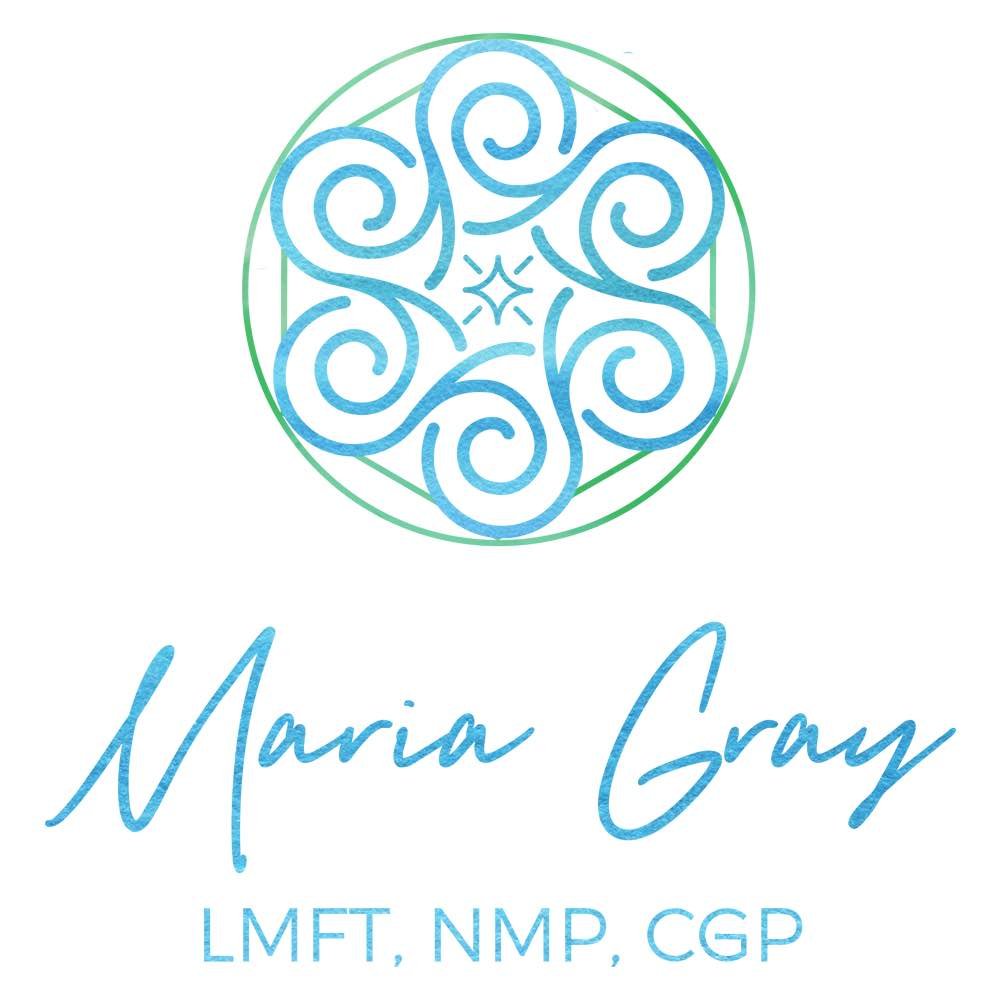How I Won the Nervous System Trifecta- Walking, Meditation and The Love of an Animal
When I was growing up, my grandfather Charlie loved horses and he and my grandmother liked to dress up for an afternoon at the racetrack. During a Sunday dinner I heard him say that he had “won the trifecta” and I asked him what that meant. He explained that the trifecta was a bet in which he predicted the first three finishers in a race in the correct order. I loved my grandparents and I enjoy replaying my memories of our time together.
This article explores three ways my nervous system changed after I adopted my dog, spent more time walking outdoors and modified my meditation practice. I hadn’t bet on these benefits, but I feel like I won a health trifecta during a global pandemic.
When the lockdowns began in Los Angeles, one of my greatest concerns was being isolated from my yoga community, friends, and family. I’m an extrovert with the soul of an introvert, which means I feel energized when I spend time with other people, and I also require my solitude. Zoom meetings helped me stay connected but I really missed being with people in person.
In October of 2020, about six months into the Pandemic, after months of searching (that is another story), I adopted my dog, Davis; I did not anticipate the many ways that being a dog momma would impact my nervous system. Shortly after his arrival, my heart cracked open with love for this rescue puppy, even during his most stubborn moments.
My energetic dog requires three walks a day, and although my feet ached, I realized I felt more settled and relaxed. As a lifelong runner, I have experience with the “runner’s high” that comes about ten minutes into a run, when the endorphins kick in, but I underestimated the benefits of daily walking. The increase in my exercise was my first win. An investigation (Choi et al., 2019) conducted by researchers at Harvard Medical School confirmed that higher levels of physical activity and lower risk of depression go hand-in-hand. "On average, doing more physical activity appears to protect against developing depression,” Choi said in a statement. “Any activity appears to be better than none; our rough calculations suggest that replacing sitting with 15 minutes of a heart-pumping activity like running, or with an hour of moderately vigorous activity (like my dog walks), is enough to produce the average increase in accelerometer data that was linked to a lower depression risk.”
I walk my dog three times a day and each walk lasts between 30-45 minutes, with the morning walk being our longest. I noticed that once Davis was trained our walks became a time of reflection and play, and my pandemic grumpiness began to dissolve. My sense of isolation decreased as I met other dog owners on my walks. I like some of these dog owners better than others, and am not a big fan of people who allow their dogs to lunge toward us on retractable leashes.
After our walks, Davis returns to his bed where he snores peacefully until the mailman comes. Sometimes he gets up for water or a stretch and will stop by my desk for some affection. I notice his smell, the feeling of his soft fur and the look in his eyes when he wants my attention. In a 2001 study, Karen Allen, Barbara E. Shykoff, and Joseph L. Izzo Jr. found that increased social support through pet ownership lowers blood pressure response to mental stress; Davis’ mere presence lowers my blood pressure. My second win was increased social support.
The third aspect of my trifecta came through altering my meditation practice. In 1987, I learned a basic Insight Meditation practice, following my breath and coming back to my breath if I felt distracted. This practice served me well until 2019, when I found myself growing bored with meditation. A friend mentioned her TM practice, and although I was skeptical at first, I eventually decided to try it. Transcendental Meditation (also known as TM) is a mantra-based meditation practice that was developed in the 1950s. Students are taught to meditate twice a day for 20 minutes. I’ve been practicing for three months now, and I continue to feel calm with an improved capacity to observe my thoughts and feelings without being overtaken by them. I notice that I laugh more often and sometimes sing to Davis during our walks. I’m rarely able to practice twice a day, but once a day has made all the difference.
I encourage all my clients to walk or try some form of exercise that gets them outside and moving. Not everyone can own a pet, but for those who do, I suggest they notice and savor the impact on their senses. I recommend meditation to some of my clients and like to help them create a practice that works for them. I’m very grateful for the many gifts I’ve received during these last two challenging years and the positive impact on my nervous system. I’m thinking about trying pickleball next!

